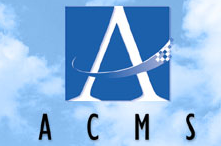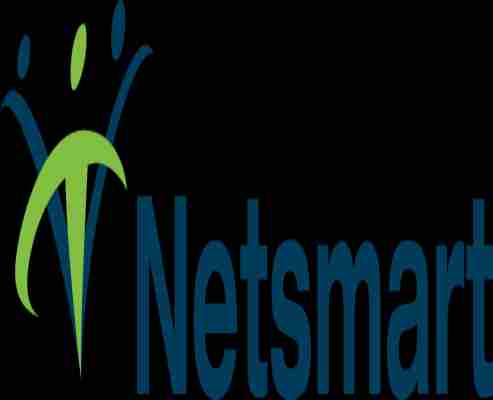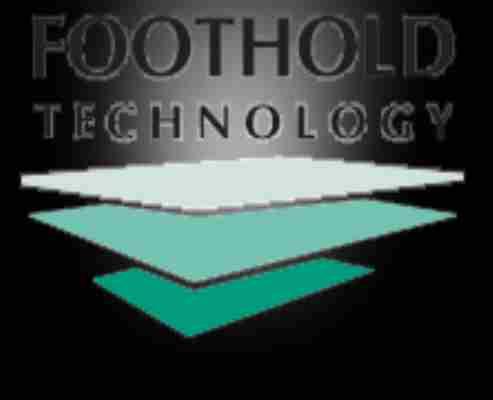Healthcare and social services organizations have specialized needs when it comes to accounting. Not only do they need to keep accurate financial records, but they have rigorous compliance standards to maintain to be in keeping with the numerous laws regarding the safety and privacy of patient data.
When it comes to track expenses and revenues, all of the businesses are required to take part equally. Thus, in healthcare sector, it is also required to monitor successfully in order to operate successfully. Many healthcare focused businesses do not provide enough functionality when it comes to manage data effectively. Instead, only healthcare accounting system that is integrated with appropriate features, plans and support to the industry can do the job efficiently. There is a wide range of solutions are available on internet, but with our listing, you’ll be able to find the best product for your health care firm.
Virtuous Reviews serves the users as a review platform, where the user can research more about the specific business category and healthcare is one of the subcategories. Alongside, it allows the users to share their valuable opinions, which helps the professionals to generate independent, fair-minded reviews and ratings.
How to choose the right Healthcare/Social service accounting software?
The most critical factor to consider in selecting your healthcare/social services accounting software is your size and type of organization. A hospital provides a large number of disparate services, whereas a private practice may have only a handful of physicians in a single specialty. Social services, palliative/hospice care and rehab all have their own unique needs, too. Therefore, it’s essential to ensure your software solution is designed to handle the accounting functions that meet your facility’s unique needs.
When evaluating these systems, buyers should consider the following:
- Do you bill primarily to insurance companies, Medicare/Medicaid, patients or a combination?
- Will you also need electronic medical records (a.k.a. electronic health records) software, or do you already have software that will need to be compatible with your new accounting system?
- Will you be storing any patient-sensitive information in your accounting software?
- Do the features fit the size and type of facility (for example, hospital vs. private practice; outpatient vs. inpatient; medical vs. social services etc.)?
- Can it generate the appropriate reporting documents for auditors?
- Does it scrub medical claims and reconcile insurance billing with explanation of benefits forms?
Features:-
- Medical materials management - Manage the purchasing and disbursement of supplies, especially any pharmaceuticals or lab materials with a shelf life. This prevents lost inventory and/or charges.
- Patient/insurance/CMS billing - Between copays, reconciling EOB forms and the Centers for Medicare & Medicaid Services, the bureaucracy associated with healthcare accounting adds several layers of complexity most industries don’t have to deal with. These systems typically include ICD-9 and CPT coding information, claim scrubbing and electronic claims submission.
- Integration with electronic medical records - Electronic medical records (EMRs) track patient notes, demographics, family medical histories, and medications. They also typically include features like e-prescribing, lab and medical device testing integration and voice recognition notes software. In the move for all providers to adopt EMR technology, integrating with that data is critical for most buyers.
- HIPAA compliance - If your system contains any patient data, you’ll need a solution that not only performs the necessary accounting functions, but also complies with HIPAA’s privacy regulations.
- Integration with patient portals - Provides patients with 24-hour access to services including access to medical records, appointment setting, prescription refills and online bill pay. The latter allows patients to view bills and make payments via credit card.
- Financial reporting - Capture business transactions, analyze revenue and expenses and gain insight into performance trends. Filter data by department, employee, medical supply, etc. to view reports on every aspect of your business.
Benefits:-
- Automating your financials - You can automate key finance and accounting processes, including procure-to-pay and the monthly close. Multi-location organizations can centralize payables and eliminate manual processes for payments and intercompany accounting. The system helps you save time, improve accuracy, and accommodate further growth without adding staff.
- Improve Visibility and Transparency - Customizable role-based dashboards provide real-time access to key business data, enabling timely decisions across your entire organization.
- Adapt To The Changing Healthcare Landscape - Configure processes, workflows, and reporting and information need unique to your industry—then easily make future adjustments as required.
- Streamline Reporting and Compliance - simplifies and facilitates compliance by supporting internal controls and providing accurate, real-time reporting with a complete set of audit trails.
- Improve Customer Service and Partner Engagement - Gain a real-time, 360-degree view of your customers and deliver better customer and partner service.




 Visit Website
Visit Website









